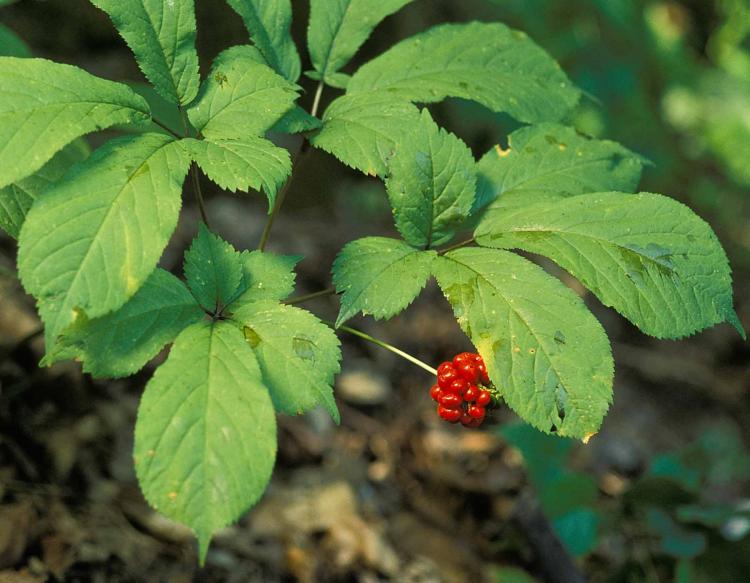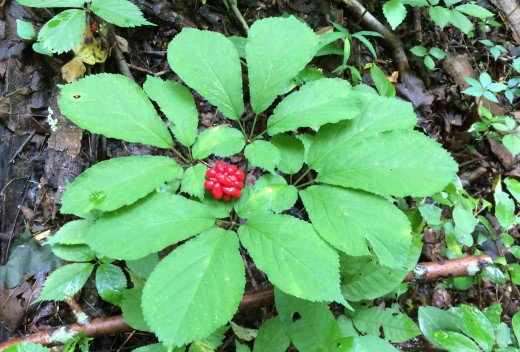East Tennessee Outdoors: Ginseng part II
Published 12:01 am Tuesday, October 8, 2019



BY DANNY BLEVINS
STAR CORRESPONDENT
Ginseng, or the man-plant, has been harvested in these mountains for hundreds of years. During this time settlers and those who live in the mountains have counted on digging the roots to supplement their income and give them extra cash.
Trending
It has become a part of our heritage, and many families even today count on digging ginseng to supplement their incomes.
But things have changed in the last few years. It has been hunted so heavily that the United States Federal Government considers it an endangered plant and has set strict regulations on the harvesting of the roots.
There are several reasons this plant is overharvested. One is the price for ginseng has doubled in the last 10-12 years.
The true value of the plant is the root. All diggers are supposed to dig the root, wash it and naturally dry it. The prices of these dried roots have gone from $300.00 a dried pound to $800.00 a dried pound in the last few years and one year the price went to $1100.00 a dried pound.
This has occurred because of the demand for the root in Asian markets. Most wild ginseng is bought by Asian dealers who then export the roots to China and other markets for resale.
One very large root can bring thousands of dollars in Asia, and the price to the diggers reflects this demand.
Trending
Another problem has been television shows that exaggerate the harvesting of the plant. These shows make it seem like you can get rich by digging ginseng and more and more people have ventured to the woods to hunt it.
When they do, they often dig all the plants they find, including small plants, and the plant cannot reproduce.
Because of these prices and overharvesting, the root has been hunted almost to extinction. This caused the federal government to implement several rules to regulate the digging of this plant.
Some of these rules are:
1. They established a season on the plant that runs from September 1 and goes until December 31.
2. They have implemented a restriction on what can be dug. Only plants that are three prongs (or have three different sets of leaves) can be dug and the plant must be 10 years old.
3. No license is required to dig wild ginseng on private land in Tennessee, but the landowner’s permission must be obtained and diggers must obey the above rules.
4. A Ginseng Dealer Permit is required to buy ginseng harvested in Tennessee for resale or to transport across state lines.
5. No ginseng may leave the state of Tennessee without an export certificate.
6. Tennessee state law prohibits the harvest of any wild ginseng plant for sale that has green berries.
7. The ginseng seeds of collected wild ginseng must be planted immediately in the approximate location in which the plant was harvested.
8. Most state lands are closed to harvesting ginseng, including all state parks, natural areas, and state forests, and nearly all wildlife management areas. Collecting ginseng on state lands that are closed to harvesting is illegal and carries penalties and fines.
9. Finally, a permit is required to collect ginseng in the Cherokee National Forest. If you apply for a permit, they will instruct you where you can and cannot harvest the plant, and there is a fee for the permit.
The Tennessee Department of Environment & Conservation, Division of Natural Areas, serves as the state’s ginseng coordinator. This office can be reached at (615) 532-0431 or at TDEC-Division of Natural Areas Tennessee Tower 312 Rosa L. Parks Ave. 2nd Floor Nashville, TN 37243
If you would like to apply for a Cherokee National Forest ginseng permit, you can contact them at (423) 476-9700 or via mail: 2800 Ocoee Street N. Cleveland, TN 37312.
Ginseng holds a special place for me because of the memories I made digging it with my parents. It is a part of our culture and heritage and we should be good stewards when we dig it to guarantee there will be a plant for future generations.








